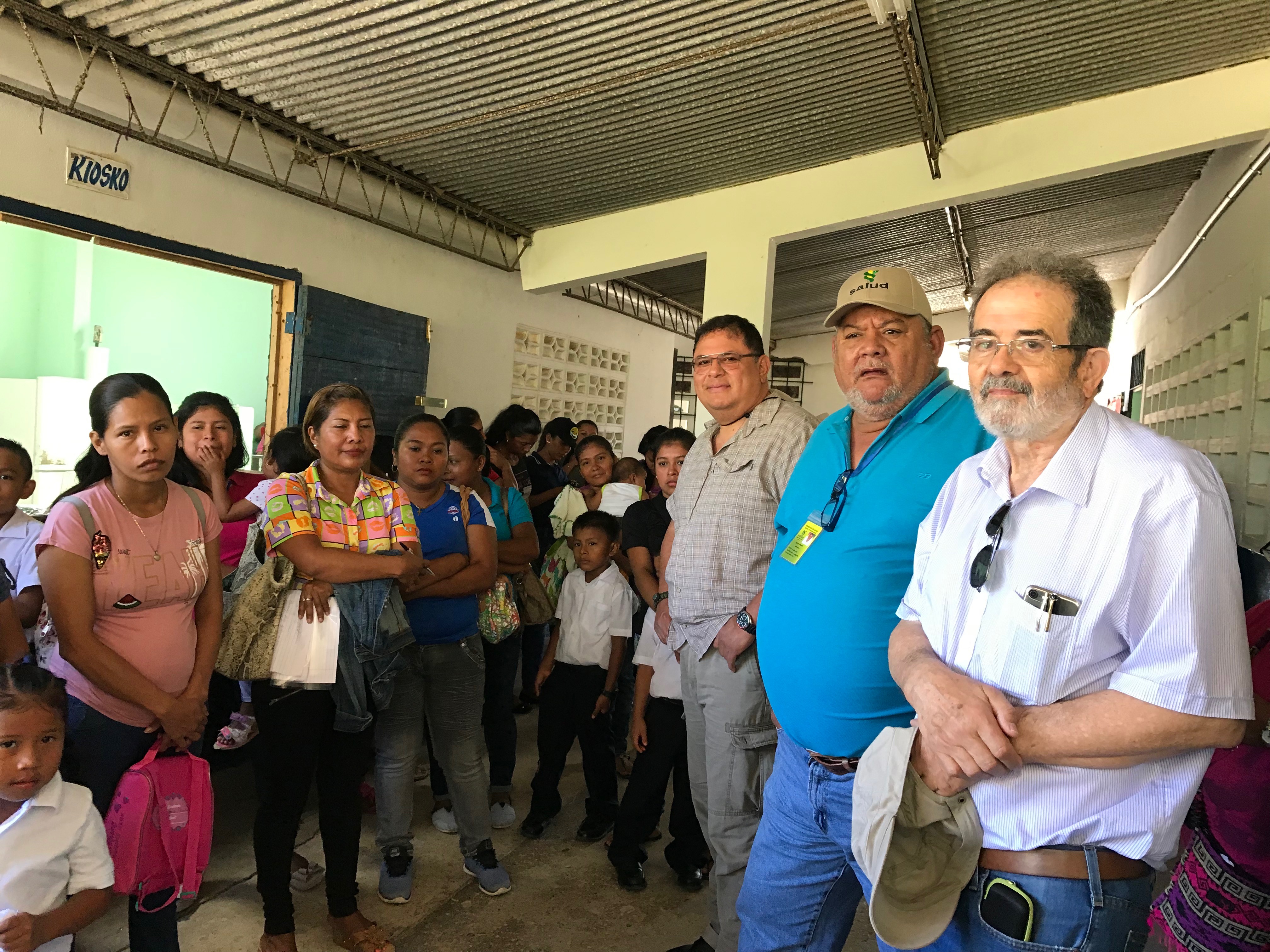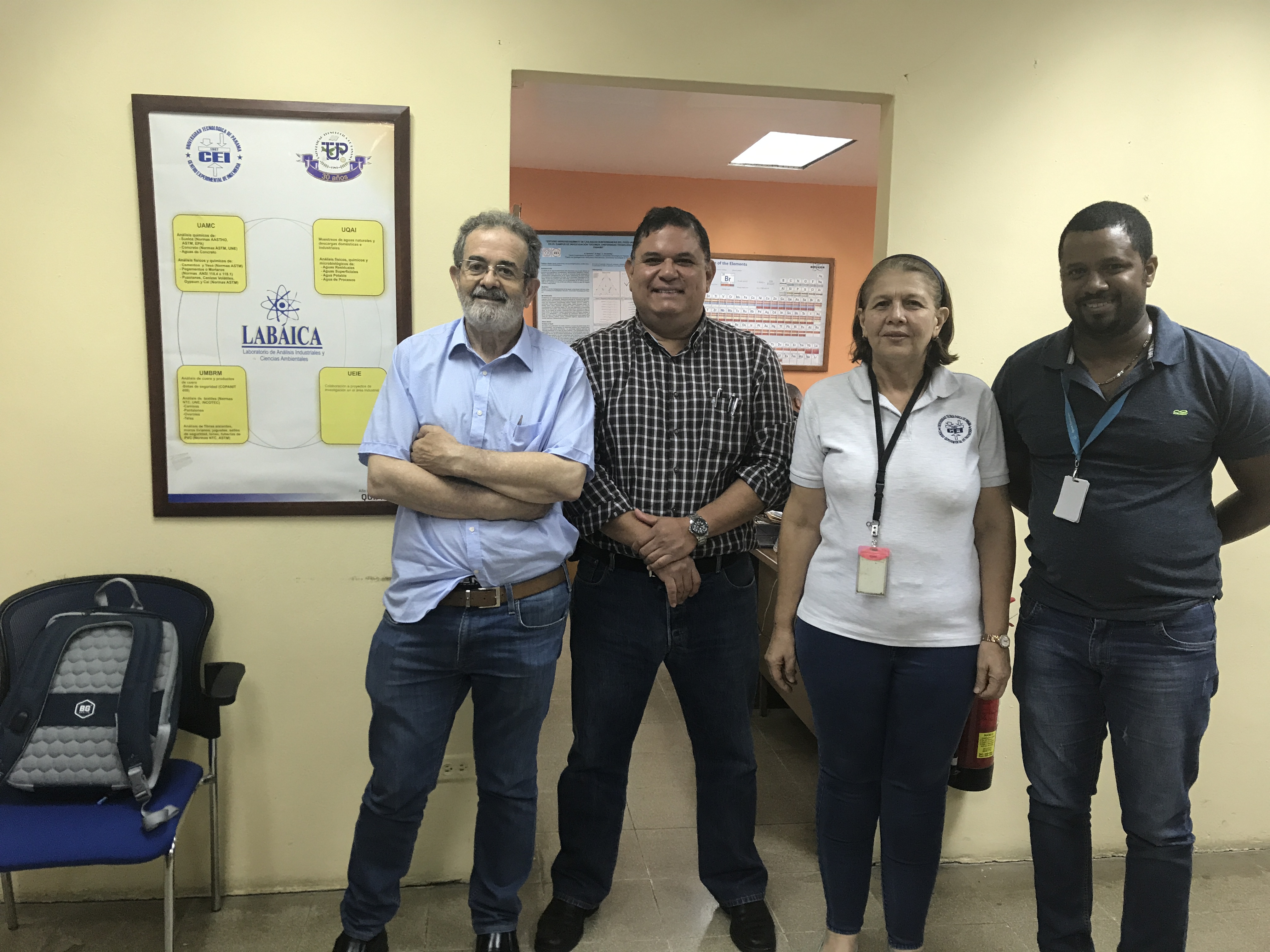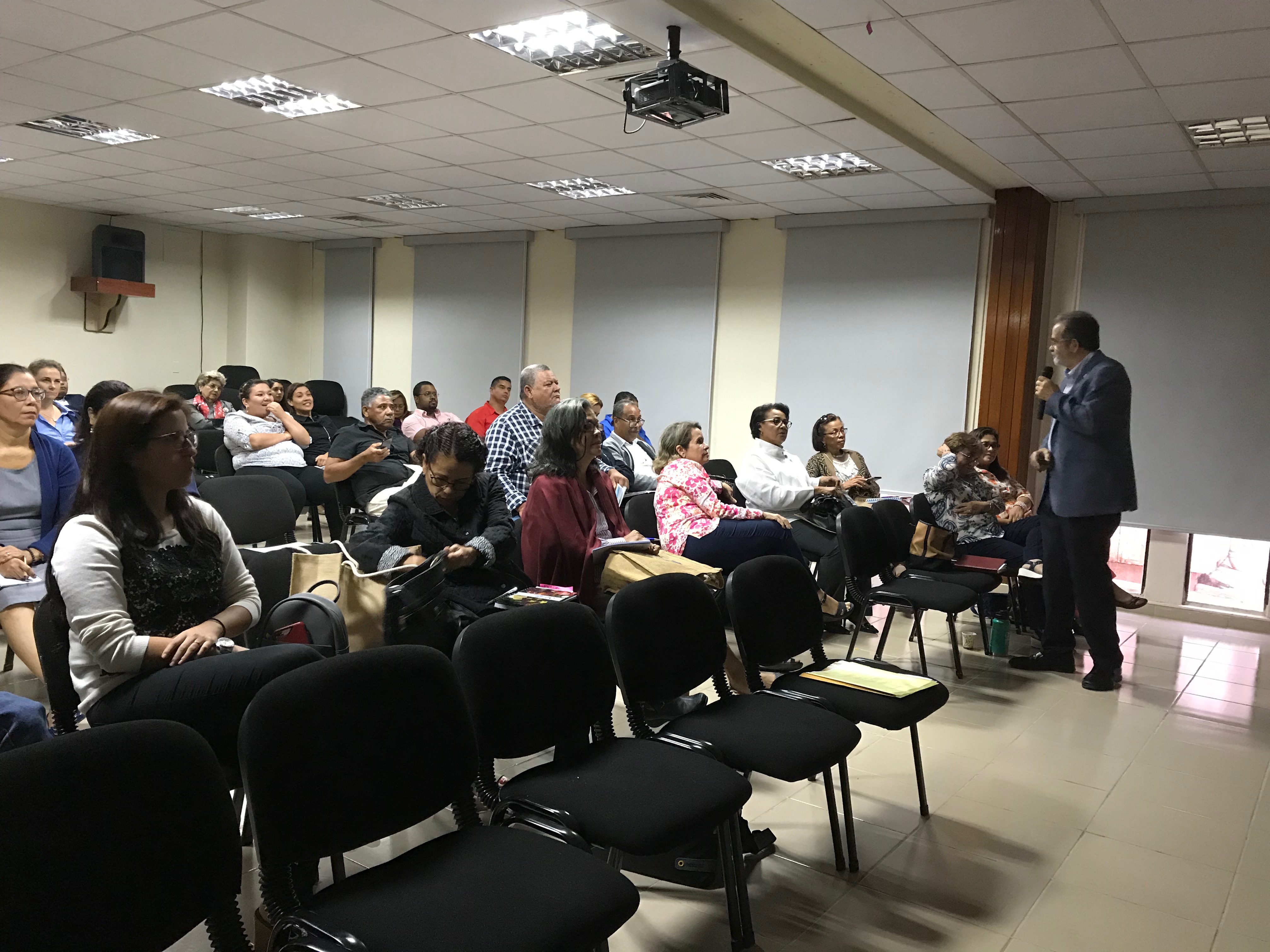UMH INVESTIGATORS WORK ON THE ORIGINS OF CHRONIC KIDNEY DISEASE OF NON-TRADITIONAL CAUSES IN CENTRAL AMERICA
Agenda 2030, COOPERACIÓN Y VOLUNTARIADO, Proyectos Cooperación al Desarrollo
Cooperación Universitaria al Desarrollo, ERCnT, Generalitat Valenciana, ods
15 June 2020
 The Chemical Safety and Toxicology group at the Institute of Bioengineering of the Miguel Hernández University of Elche is conducting a biomarker study to learn of the origins of chronic kidney disease of non-traditional causes (CKDnT) in Central America. The international development cooperation project, entitled “Training and Education on Prevention and Diagnosis of Environmental Factors and Health in Nicaragua,” began in 2018 and has been managed by the Area of Development Cooperation and Volunteerism at the Vice Rectorate for International Relations through a 2017 university development cooperation agreement with the Generalitat Valenciana. The project consists of various research stages that aim to determine the causes of a disease that, according to official Nicaraguan government data, affected 12,674 people in 2018, representing 19.6% out of 10,000 inhabitants.
The Chemical Safety and Toxicology group at the Institute of Bioengineering of the Miguel Hernández University of Elche is conducting a biomarker study to learn of the origins of chronic kidney disease of non-traditional causes (CKDnT) in Central America. The international development cooperation project, entitled “Training and Education on Prevention and Diagnosis of Environmental Factors and Health in Nicaragua,” began in 2018 and has been managed by the Area of Development Cooperation and Volunteerism at the Vice Rectorate for International Relations through a 2017 university development cooperation agreement with the Generalitat Valenciana. The project consists of various research stages that aim to determine the causes of a disease that, according to official Nicaraguan government data, affected 12,674 people in 2018, representing 19.6% out of 10,000 inhabitants.
Professor emeritus and research group director, Eugenio Vilanova, explains how this situation is proof of a CKDnT epidemic in Central America. As for the primary causes of this epidemic, the research team contends that they have not been clarified, despite the most severe cases being found in people involved in agricultural activities under high temperatures and periods of dehydration. “We have sufficient data, reaffirmed these months, that show that the causes of the problem are linked to the communities where the affected people live,” adds Vilanova. Regarding the data extracted by the Institute of Bioengineering of Nicaraguan aquifers, the group has not detected any contaminants or toxins, but warns of a predictive value of the profile characteristics of the elements present in the water with respect to the prevalence of the disease. However, the professor emeritus points out that the study is not broad enough in the number of samples to reach a definitive conclusion.
The funding obtained enabled a training and research stay by Nicaraguan physician, Ariel José Arias Zepeda, who designed the protocol for continuing the project and working on possible new lines of funding. According to Arias, said protocol permits identifying the factors that are associated with the presence of the disease. “The disease impacts, above all, communities where social inequality is high, so the identification and timely treatment of these patients would allow us to balance that inequality,” adds the physician.
The difficulties of completing some field actions in rural Nicaraguan communities resulted in widening the field of study through multinational actions along with Panamanian institutions. For this, investigator Vilanova visited that Central American country where he met with local health professionals from the province of Coclé. During that trip, Vilanova, and IB investigator, Roberto Ruiz, visited several families to learn of the state of health and document possible risk factors of CKDnT. Furthermore, both investigators also met with experts from the Technological University of Panama, and participated in the international meeting held at the University of Panama on occupational health linked to stress due to heat and chronic kidney disease.
This work is aligned with the Sustainable Development Goals from the 2030 Agenda approved by the United Nations. The actions being undertaken are intended to respond to SDG 3: Ensure healthy lives and promote well-being for all at all ages.

